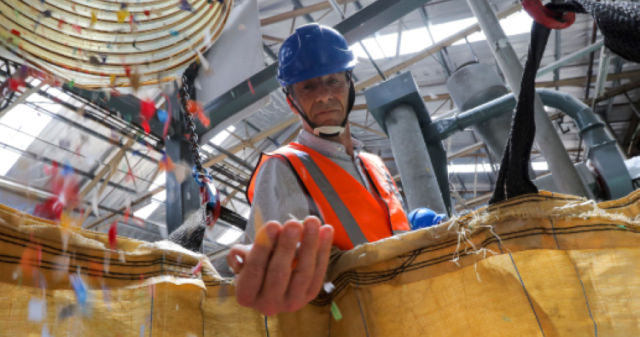
(3 Minutes Read)
The major takeaways of the summit may include a focus on human health and the environment, whether it will limit the actual production of plastic, and whether it restrict some chemicals used in plastics
Negotiators and observers from around the world are meeting in Canada to craft a treaty to stop the rapidly escalating problem of plastic pollution.
In March 2022, 175 nations agreed to make the first legally binding treaty on plastics pollution, including in the oceans, by the end of 2024. The weeklong conference in Canada, which ends today is the fourth session of the Intergovernmental Negotiating Committee (INC).
Negotiators in Ottawa are seeking to streamline the existing treaty draft and decide its scope. The major takeaways of the summit may include a focus on human health and the environment, whether it will limit the actual production of plastic, and whether it restrict some chemicals used in plastics.
Alternatively, the agreement could have a more limited scope and focus on plastic waste and greater recycling, as some of the plastic-producing and oil and gas exporters want. African nations bear the greatest burden of the challenges presented by plastics Karanja expects concerted action will be stressed.
Read Also:
https://trendsnafrica.com/ethiopia-launches-a-national-campaign-to-combat-air-pollution/
To address the problem of plastic pollution many of the Ottawa delegates insist the conference should cut out the use of specific chemicals. Given a lot of these chemicals are based on petrochemicals, they’re closely linked to the production of oil. Therefore, a shift towards more environmentally friendly materials is imperative, experts opine. This has to be seen against the backdrop that global production of primary plastics is estimated to reach 1,100 million tons by 2050.











